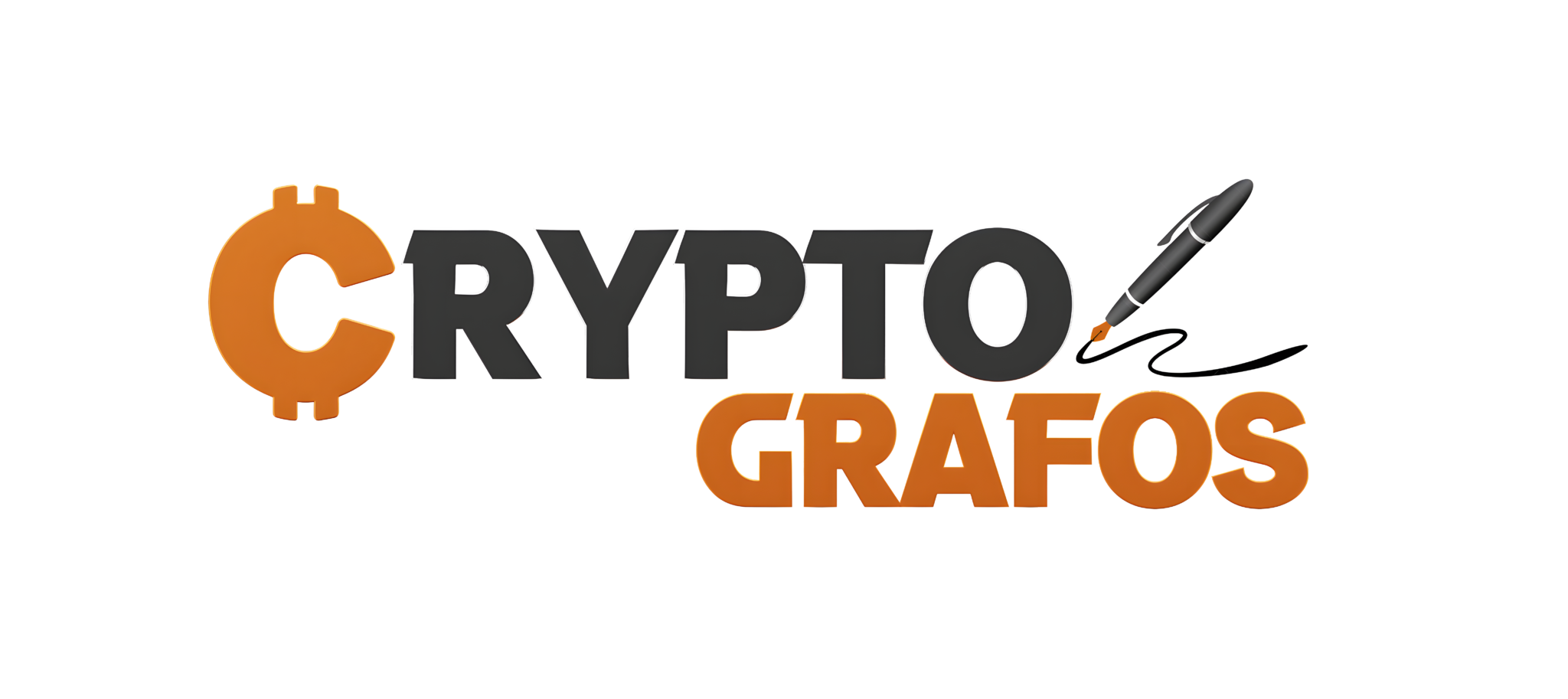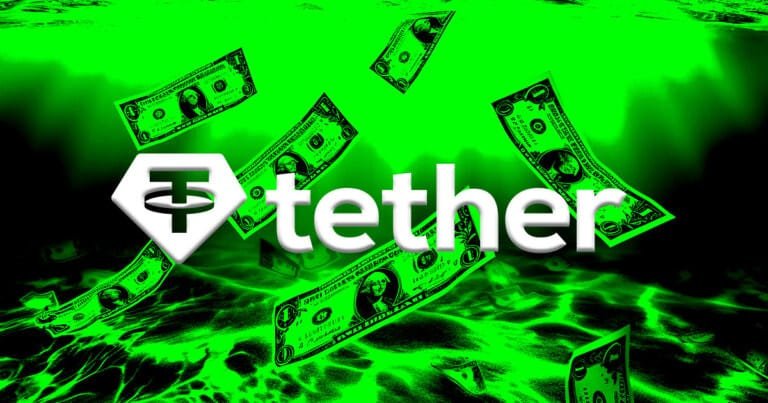Tether, the issuer of the USDT stablecoin, has fired back at JPMorgan analysts who suggested it may need to offload Bitcoin to comply with potential US stablecoin regulations.
On Feb. 12, a JPMorgan research team led by strategist Nikolaos Panigirtzoglou released a report indicating that newly proposed US stablecoin legislation could pressure Tether into selling portions of its Bitcoin reserves.
“This would necessitate the liquidation of non-compliant assets—including Bitcoin and precious metals—while increasing holdings of compliant assets such as US Treasury bills,” the analysts stated in a report.
A Tether spokesperson criticized the analysis, arguing that “JPMorgan’s analysts clearly misunderstand both Bitcoin and Tether” and emphasizing that no final decisions have been made regarding stablecoin regulations in the US.
Breakdown of the Proposed US Stablecoin Regulations
On Feb. 4, Senator Bill Hagerty introduced the Guiding and Establishing National Innovation for US Stablecoins (GENIUS) Act, which aims to create a federal framework for licensing and overseeing stablecoin issuers. The bill is co-sponsored by Senate Banking Committee Chairman Tim Scott, along with Senators Kirsten Gillibrand and Cynthia Lummis.
Meanwhile, on Feb. 6, House Financial Services Committee Chairman French Hill and Representative Bryan Steil put forward a draft of the Stablecoin Transparency and Accountability for a Better Ledger Economy (STABLE) Act to initiate discussions on stablecoin regulation.
The STABLE Act reportedly aligns with the GENIUS Act and serves as a counterpart within the House of Representatives.
Stricter Reserve Rules Under the STABLE Act
According to JPMorgan’s report, the STABLE Act proposes stricter reserve requirements for stablecoin issuers, limiting them to holding only insured deposits, US Treasury bills, short-term Treasury repos, and central bank reserves.
By contrast, the Senate’s GENIUS Act is slightly more flexible, allowing issuers to also hold money market funds and reverse repos.
JPMorgan’s analysts noted that Tether, which holds a dominant 60% share of the stablecoin market, could face difficulties adapting to these regulations. They estimated that currently, only 66% of Tether’s reserves would meet STABLE Act requirements, while 83% would be compliant under the GENIUS Act. If these bills were passed, Tether would be required to restructure its reserves accordingly.
Tether Dismisses JPMorgan’s Speculation
Responding to the speculation, Tether reaffirmed its close monitoring of US regulatory developments and ongoing discussions with policymakers.
A company representative stressed that these legislative efforts are still in their early stages and require input from the crypto industry. Moreover, there is no certainty about which bill, if any, will be enacted.
Addressing JPMorgan’s assumptions, the spokesperson pointed out that Tether has over $20 billion in group equity, significant liquid assets, and generates more than $1.2 billion in quarterly profits from US Treasurys.
Taking a jab at the analysts, the spokesperson added:
“It seems like JPMorgan’s analysts are just bitter about missing out on cheap Bitcoin. But their misunderstanding of both Bitcoin and Tether is obvious. If they’re hoping for a crash to buy in, they’re out of luck—no one feels sorry for them.”
For more news, find me on Twitter Giannis Andreou and subscribe to My channels Youtube and Rumble
What is your opinion on this particular topic? Leave us your comment below! We are always interested in your opinion!









